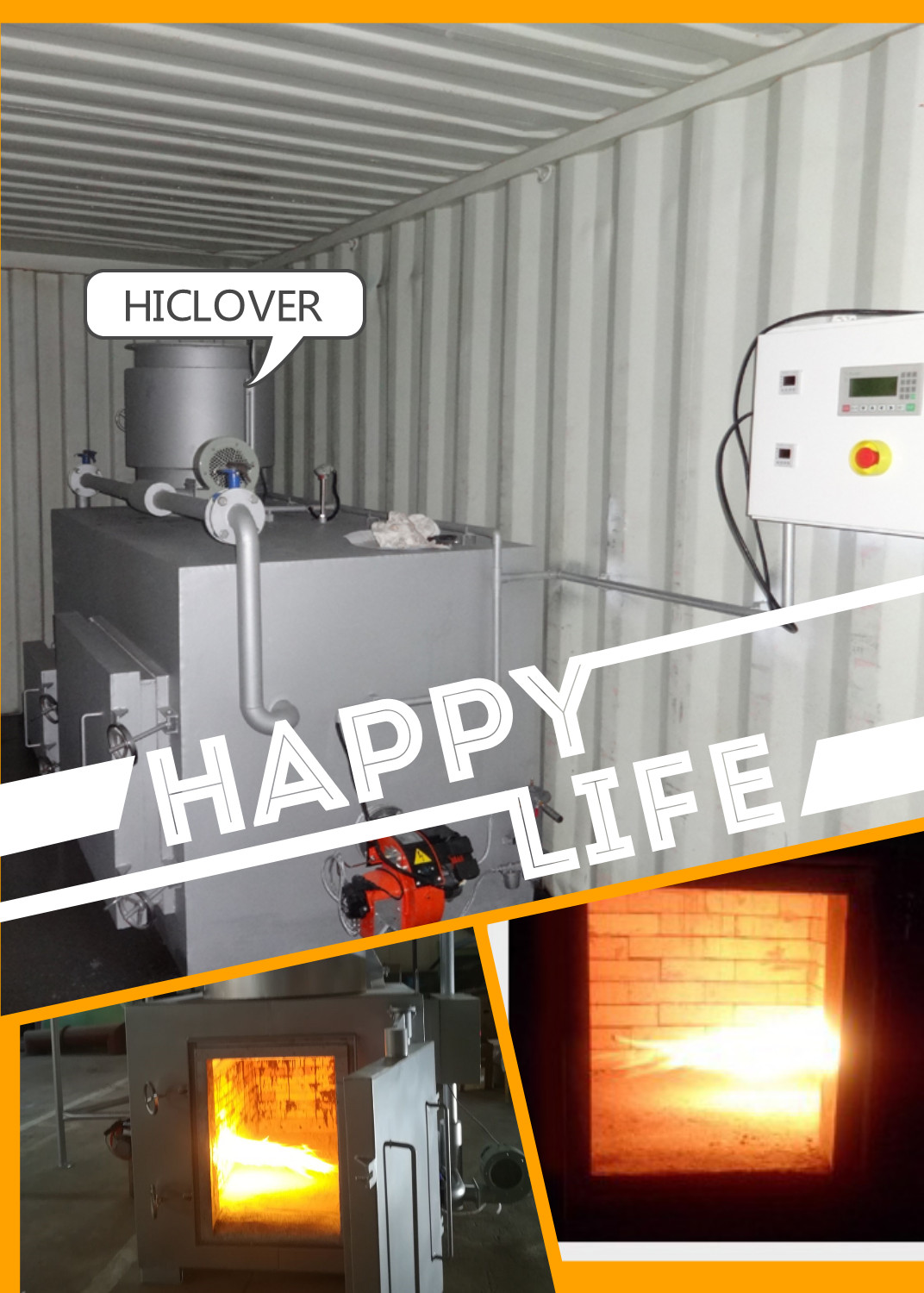Waste management is a complex issue that governments and communities around the world are facing. With growing populations and urbanization, the amount of waste being generated is constantly increasing, putting a strain on traditional landfill and incineration methods of waste disposal.
One sustainable solution for managing and disposing of waste is waste combustion. Waste combustion, also known as waste-to-energy, involves burning waste to generate heat and electricity. This process not only reduces the volume of waste but also produces a valuable energy resource.
One of the key advantages of waste combustion is its ability to divert a large portion of waste from landfills. By burning waste, the volume is reduced by up to 90%, minimizing the need for landfills and the associated environmental impacts.
In addition to reducing waste volume, waste combustion also produces energy. The heat generated from burning waste can be used to produce steam, which in turn can be used to generate electricity. This energy can then be used to power homes, businesses, and even be sold back to the grid, contributing to a more sustainable and reliable energy supply.
Furthermore, the conversion of waste into energy through combustion also reduces greenhouse gas emissions. When waste is left to decompose in landfills, it produces methane, a potent greenhouse gas. By diverting waste from landfills and incinerating it, the release of methane is significantly reduced, resulting in a net reduction in greenhouse gas emissions.
It is important to note that waste combustion must be carried out in a controlled and environmentally responsible manner. Emissions from waste combustion facilities must be carefully monitored and controlled to minimize their impact on air quality. Modern waste-to-energy facilities are equipped with advanced air pollution control technologies to ensure that emissions are kept within strict regulatory limits.
While waste combustion presents a sustainable solution for managing and disposing of waste, it is not without its challenges. Critics argue that waste combustion facilities may discourage recycling and waste reduction efforts, as they provide a convenient and profitable destination for waste. Additionally, there may be concerns about the emissions and air quality impacts of waste combustion, although modern facilities are designed to address these issues.
In conclusion, waste combustion offers a sustainable and environmentally friendly solution for managing and disposing of waste. By diverting waste from landfills, reducing greenhouse gas emissions, and producing valuable energy, waste combustion can play a significant role in the transition towards a more sustainable and circular economy. With proper regulation and oversight, waste combustion can be an important component of a comprehensive waste management strategy.



